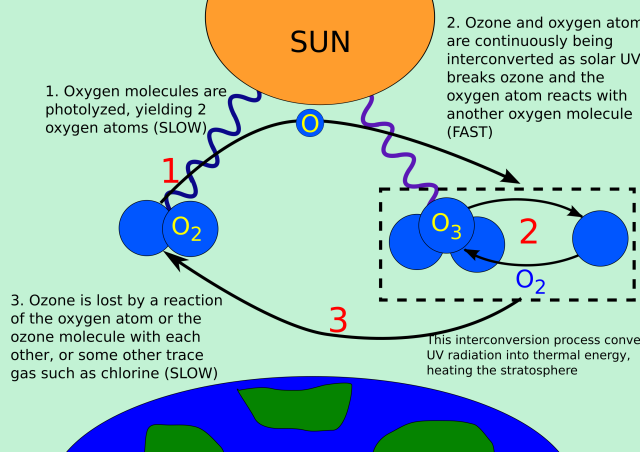The ozone layer plays a crucial role in protecting the planet. However, its effect and depletion are often a misunderstood issue.
One Reddit user sparked an interesting discussion after asking fellow users about the effect of the ozone layer on Earth.

"What was the outcome of the ozone patch layer crisis 40 years ago?" asked the original poster. "Did we avoid a global cooling catastrophe or did we seal the greenhouse gases so that it kicked off global warming?"
Redditors in the r/climate forum debunked common misconceptions regarding the ozone layer and tried to answer the user's questions.
"We managed to halt the growth of the ozone hole and observe that there's been barely any change for 30 years," responded one user. "It is expected that the hole should start to gradually close this century, though."
As the OP mentioned, scientists found a significant hole in the ozone layer above Antarctica 40 years ago. This discovery became known as the "ozone patch layer crisis."
The ozone layer is often referred to as a protective shield since it absorbs most of the sun's harmful ultraviolet rays. However, human-made chemicals deplete the ozone layer, causing more UV rays to hit Earth's surface.
In the 1980s, aerosols from refrigerators and air conditioning units were harming the ozone layer, according to the UN Environment Programme. After scientists discovered the significant hole in the ozone layer above Antarctica, the world came together to limit the use of these pollutants.
"In 1985, governments adopted the Vienna Convention for the Protection of the Ozone Layer, which provided the framework for the Montreal Protocol to phase out ozone-depleting substances, including chlorofluorocarbons (CFCs)," wrote the UN Environment Programme. "The Protocol came into effect in 1989 and by 2008, it was the first and only UN environmental agreement to be ratified by every country in the world."
|
Do you worry about air pollution in your town? Click your choice to see results and speak your mind. |
Now, 40 years later, the impact of the Montreal Protocol has been significant. Per reports by the UN, 99% of the ozone-depleting substances have been phased out. What's more, the protective layer above the planet is replenishing, with the Antarctic ozone hole expected to close by the 2060s.
Join our free newsletter for weekly updates on the latest innovations improving our lives and shaping our future, and don't miss this cool list of easy ways to help yourself while helping the planet.









